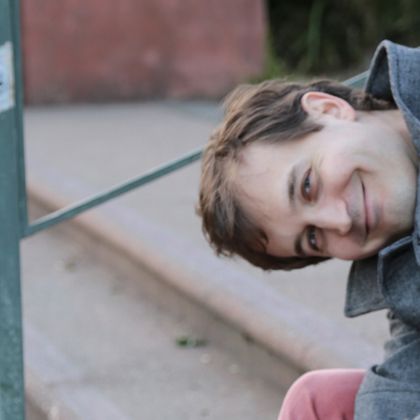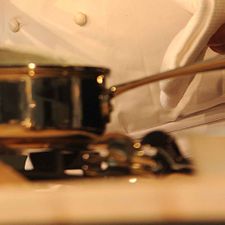The Fallacy of the Classics-of-the-Future Argument
Recently I went to a concert of new classical works, presented by an organization that typically specializes in the 18th- and 19th-century European classics. The host of the evening discussed the context of the new works, presumably to win over the more reluctant of their series subscribers. His argument was along these lines: We can enjoy the great classic works of the past because they were heard in their time; people learned to love them when they were new, the works became well known, and they entered the standard repertoire. We need to program new works, regardless of if we like them or not, because this is how we create the classics of the future.
As much as I wish this were a sound argument, I think it is problematic. I’ve also heard variations on this theme many times before, so I thought I’d point out some of the issues:
- First of all, this argument is usually only lip service. The great works of the classical period were heard and performed repeatedly—probably hundreds of times—before they started to make it into the collective awareness. Modern works in this same category are lucky to get a few dozen performances.
- Secondly, it is only starting in the 19th century that an idea of “classic” works evolved. This is a relatively modern phenomenon that we have been able to do without for most of history. Furthermore, the obsession with collecting music from the past really only reached its full potential with sound recordings in the 20th century. Humans used to be perfectly happy to forget about the old and reinvent new art for the present—in fact, this still happens in much of popular music.
- Given the recent appearance of the idea of “classic”, there is no reason to assume that our generation will produce classic works for the future. In fact, there is evidence to the contrary. We have, for the first time in history, a situation in which our fundamental cultural problem is not acquiring art, but organizing it. There is SO MUCH music out there, and it’s so easy to access, that there is a greatly diminished need for more classics. More likely is that society’s various subgroups have the mindspace for a certain number of classic works that fit their self-image. This mindspace is largely filled in most areas, and will only be replaced by works that are superior at building self-image for that group than past works.
- Even if we do produce classics for the future, we are not likely to do so with art that is in styles that fail to reach audiences. This is not to say that new art needs to be populist or compromised, but it does need to communicate something unique and relevant in a way that can be understood by non-specialists without significant investments of time spent studying. All of the classics of the past fit this category. Mozart and Beethoven were edgy in their time, but still popular. Even musicians like Schoenberg and Stockhausen managed to cultivate a degree of popular appeal, because what they did was completely unique at the time and held significant cultural value. Today, however, we face different cultural problems (organization vs. access, for example), and If we are to have a chance at creating new classics, we need to address these issues in new ways. Following the 19th-century model of classics-building probably won’t lead to great success. If it did, new works wouldn’t be such a hard sell and repeat performances of them would be more common.
It would be nice as composers to be able to sit back comfortably and say that we have inherited the job of creating the classics of the future from the great musicians of the past. Such a position is a little simplistic, however. Music is about culture, and we need to find ways of dealing with the issues of today if we are to create relevant work. After all, classics become classics because they somehow touch the hearts and minds of a (relatively) large group of people in a profound way. And profoundness doesn’t come from just doing things in the same old way.


